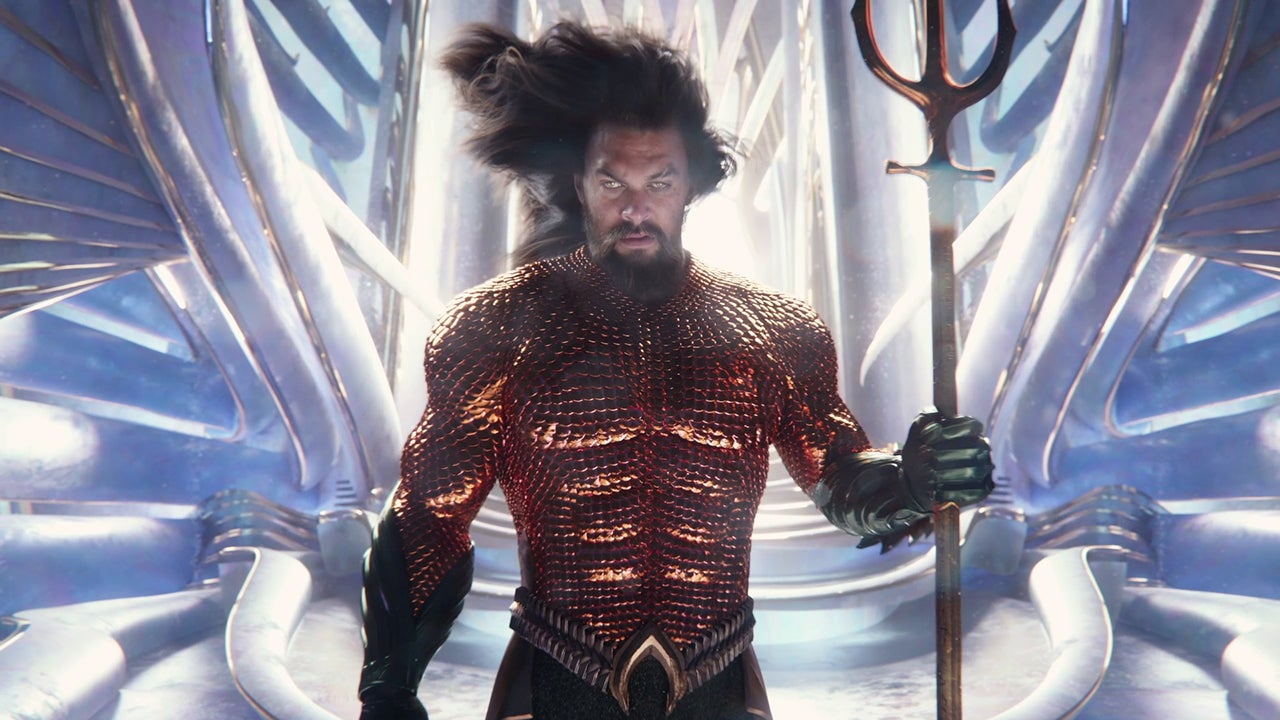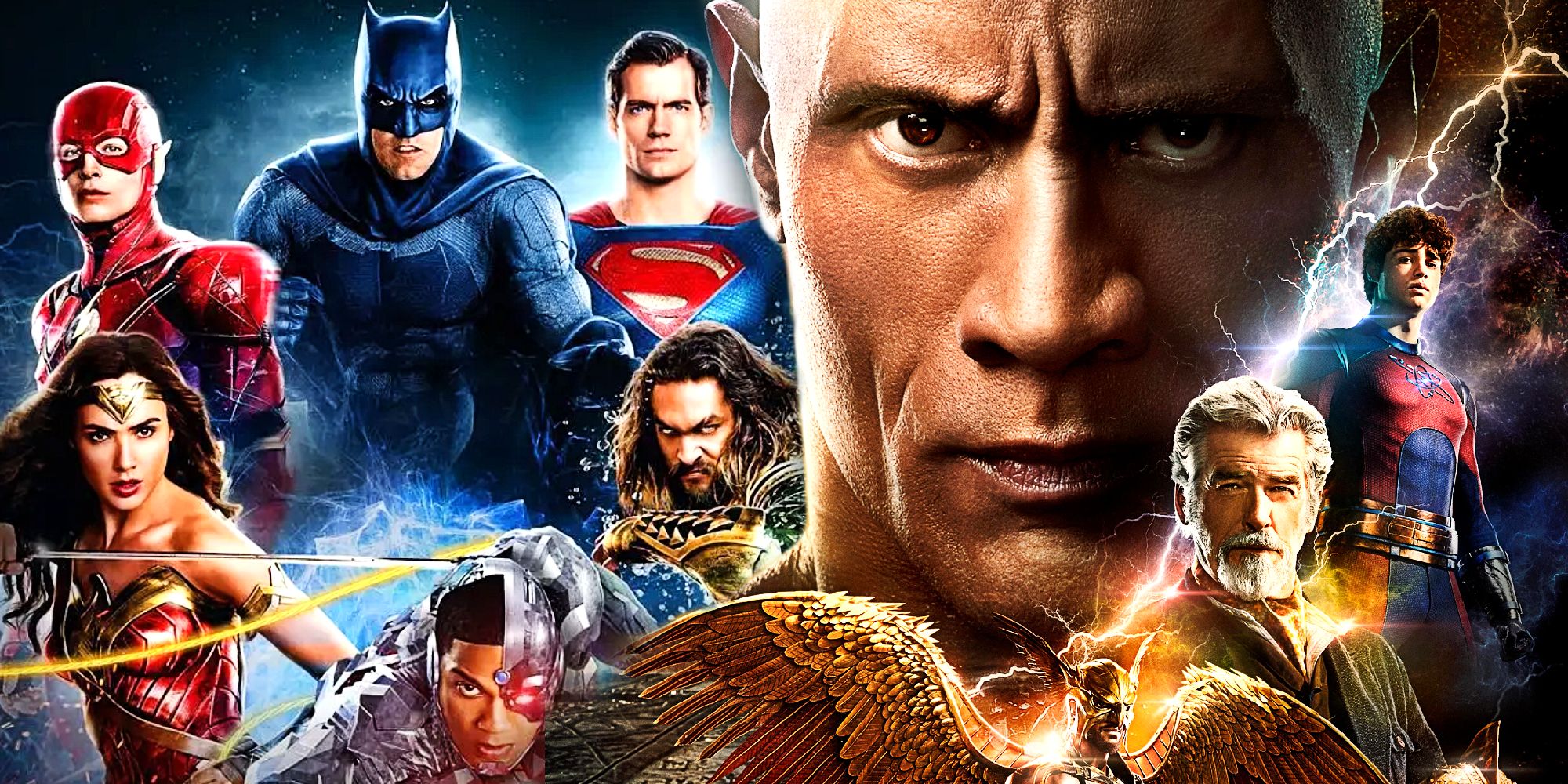DCEU
I’m truly surprised by the conclusion of the DCEU

In 2013, I eagerly watched Man of Steel with a friend who shared my excitement for a new Superman movie. The film, directed by Zack Snyder, marked the beginning of the DC Extended Universe (DCEU) and presented a fresh take on the superhero genre. With its gritty aesthetic, shaky cam, and departure from the optimism of earlier Superman films, Man of Steel felt distinct, even if my initial enthusiasm waned over time due to cultural critiques.
The subsequent entries in the DCEU, such as Batman v. Superman: Dawn of Justice and Suicide Squad, led to my intermittent disengagement with the franchise. However, films like Wonder Woman, Shazam!, and Birds of Prey managed to draw me back in, showcasing the uneven journey of the DCEU.
While I may not entirely resonate with Snyder’s vision for the DCEU, I can acknowledge its unique qualities and understand its appeal to some viewers. Despite its flaws, Snyder’s approach brought a different flavor to the superhero landscape, steering away from conventional storytelling.

The conclusion of Aquaman and the Lost Kingdom, possibly marking the actual end of the DCEU, adds a layer of melancholy. In a year that witnessed multiple movies billed as the final film in the DCEU, the ending featuring Orm eating a cockroach stands out. It’s a callback to an earlier scene where Arthur Curry convinces his brother that surface dwellers consume roaches. The simplicity of this ending feels poignant, and while I resist turning it into an elaborate metaphor, it’s challenging not to see it as a reflection of unfulfilled potential.
The DCEU began with promise and high stakes, tackling ethical dilemmas and complex narratives. However, it concludes with a seemingly anticlimactic moment, highlighting the challenges the franchise faced. Warner Bros.’ attempts to catch up with the success of the Marvel Cinematic Universe and subsequent pivots have shaped the DCEU’s turbulent trajectory.
The profit-driven nature of Hollywood often leads to prolonged narratives, even when a satisfying conclusion could provide artistic closure. The DCEU’s ten-year film franchise deserves a better ending than a seemingly random scene involving a cockroach. The ongoing pursuit of profit can dilute the impact of a story, preventing it from concluding with the dignity and purpose it deserves.

The cockroach scene, while seemingly trivial, becomes a symbol of the DCEU’s struggle to find a meaningful conclusion amidst corporate decisions and evolving cinematic landscapes. As the DCEU’s fate remains uncertain, it raises questions about the challenges faced by long-running franchises in an industry driven by financial considerations. The lesson may be that without a defined endpoint, a narrative risks sputtering into a lackluster conclusion, much like cockroach guts leaking out of mouths.
We bring out some of the most well-known DCEU collection, all of which are available at reasonable costs. Visit our link now if you are interested in the DCEU collection


Starfire, Raven, Beast Boy, Deathstroke, Robin
